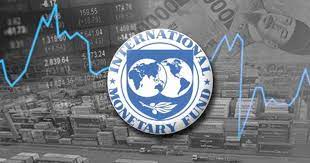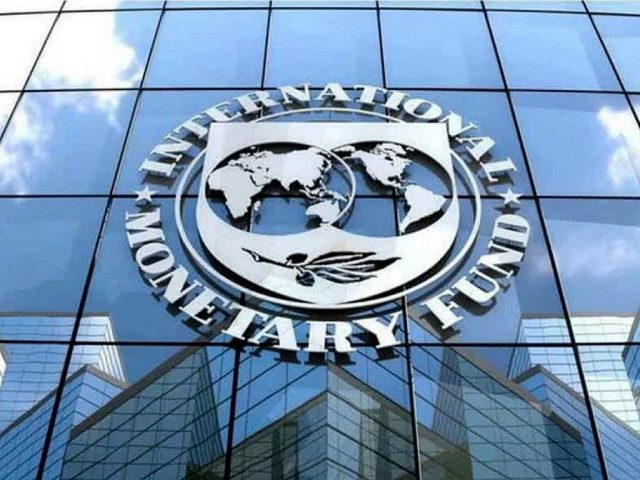The International Monetary Fund (IMF) acknowledges a pause in recent requests for comprehensive debt relief from low-income debtors, including Nigeria. However, a new report casts a shadow over this apparent positive development, highlighting rising debt servicing costs as a persistent challenge.
While applauding Nigeria and three other countries for recent subsidy reforms that free up resources for crucial development spending, the IMF expresses deep concern about lagging revenue-boosting efforts in many nations. Notably, Sub-Saharan African countries, including Nigeria, lag behind with an average revenue-to-GDP ratio of only 13% compared to 18% and 27% in other emerging economies and advanced economies, respectively.
Nigeria’s Mounting Debt Burden: A Stark Example
Nigeria serves as a stark illustration of the issue. Its public debt ballooned to a staggering N87.91 trillion by Q3 2023, with debt servicing projected to devour a hefty 45% of anticipated 2024 income. This concerning trend has drawn sharp criticism from experts, including the World Bank, warning of a potential debt service-to-revenue ratio of 160% by 2027 unless drastic reforms are implemented.

A Call for Urgent Action: Boosting Revenue and Avoiding Crisis
The IMF emphasizes the urgent need for policy reforms to enhance economic growth and capture more revenue through measures like tax base expansion and improved tax administration. Delaying these reforms, the report warns, could trigger costly debt crises, hindering critical spending on essential services and infrastructure development.
Debt Service Burden Soars: A Double-Edged Sword
The report delves into the rising burden of debt servicing on low-income borrowers, showcasing a concerning 2.5-fold increase in the past decade. This translates to an alarming average of 14% of government revenue earmarked for foreign debt repayment, compared to just 6% a decade ago. In some cases, this figure climbs as high as 25%. This metric represents a key indicator in debt sustainability assessments, potentially signaling vulnerable economies teetering on the brink of needing emergency IMF support or defaulting on debt payments.
Nigeria’s Path Forward: Balancing Reform and Growth
While praising Nigeria’s initial strides in subsidy reform, the IMF urges broader initiatives to tackle its looming debt crisis. Diversifying the economy, streamlining tax collection, and implementing sound fiscal policies will be crucial for steering the country towards a more sustainable future.





















